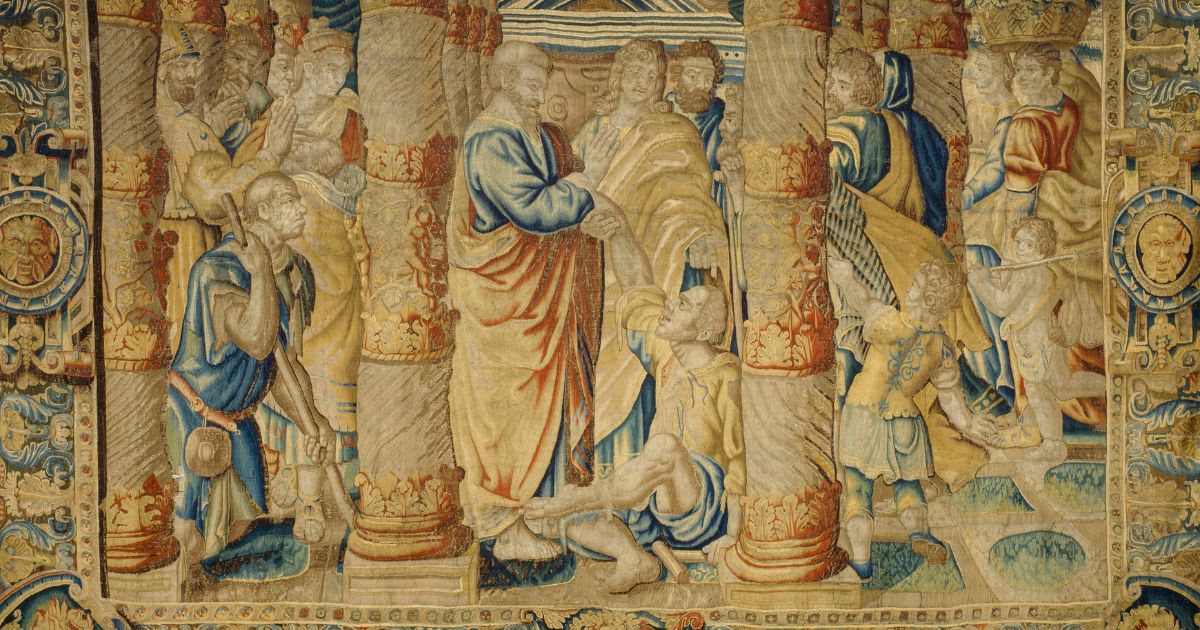Another UN report indicates a threat that the minerals that are mined in the Democratic Republic of Congo (DRC) and which are under the custody of armed groups are finding their way into the world supply chains. These are war-financing conflict minerals that are frustrating transparency initiatives and the integrity of international markets.
The renewable energy technologies depend on critical minerals like coltan, cobalt, and tantalum, which are used in mobile phones, computers, and electric vehicle batteries. The world is expected to switch to energy sources that are cleaner, and this is anticipated to drive demand by 2030, which puts the DRC, one of the richest sources of these minerals, in the middle of global supply chains.
Rebel Control and Smuggling
The report points to the fact that the rebel group M23, with Rwandese assistance, has seized key locations in eastern DRC, such as Goma and Bukavu, over the past few months (since the end of 2024). The Rubaya mine, which is operated by M23, is the sole supplier of approximately 15 percent of the global coltan supply. Through production taxation, the group earns almost $800,000 every month, which motivates the escalation of more conflict.
UN experts have claimed that the smuggling into Rwanda is at a high rate. After crossing the border, the minerals are combined with the Rwanda production and re-exported as counterfeits of the same as Rwandan produce. An example of this is that in 2024, Rwanda officially reported the production of 350 tonnes of tantalum, but shipped over 700 tonnes, indicating deliberate fraud.
Worldwide Supply Chain Threats
There are significant implications of the illegal trade. The exaggerated export prices of Rwanda destroy the trust in mineral traceability at the international level. In 2024, the Luxembourg-based trader Traxys purchased 280 tons of coltan in Rwanda, and the European watchdog Global Witness said it was possible to conclude that the conflict minerals had already gotten to the EU. Critics say that an EU-Rwanda partnership on raw materials in 2024 has merely increased the threat of the importation of illegal minerals.
In the meantime, another large commodity centre, Switzerland, too, has been cajoled by NGOs to enforce due diligence. Though its government has criticized the involvement of Rwanda, activists think Swiss traders are not transparent and have no binding obligation to shun conflict minerals.
Call for Stricter Oversight
Experts of the UN urge to enhance the international check-ups and adherence to the rules, like the OECD due diligence framework. Human Rights Watch has also cautioned that peace agreements between Rwanda and Congo will be more of a mineral deal.
With the world growing quicker on the need to use renewable energy, the threat is that the conflict minerals found in Congo, which pose as authentic exports, will keep sneaking into the international market unabated.




